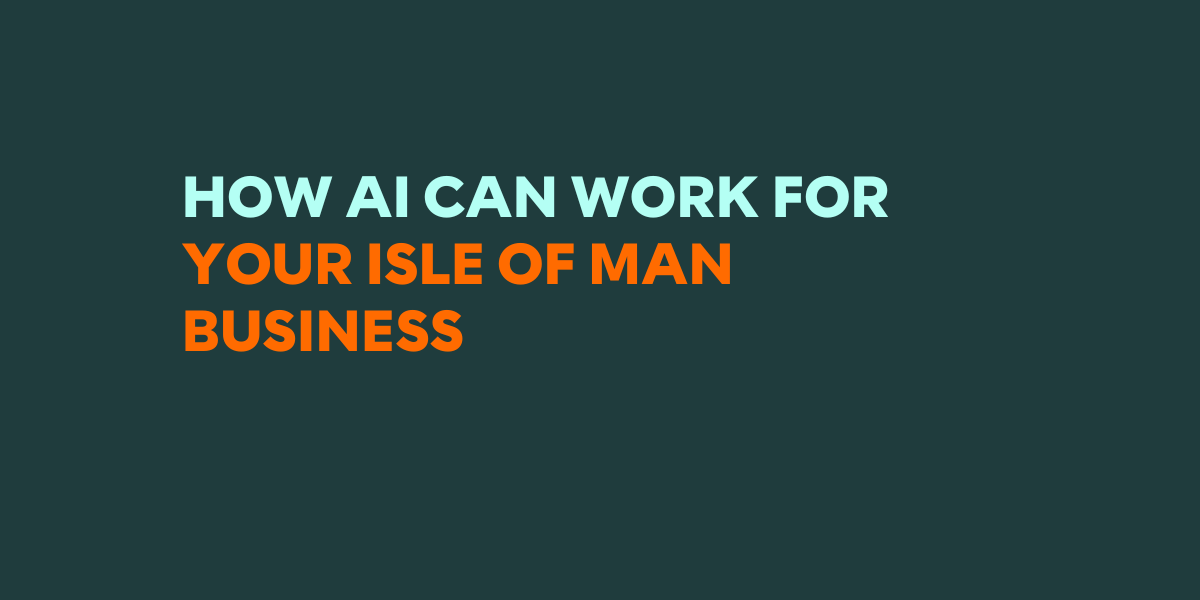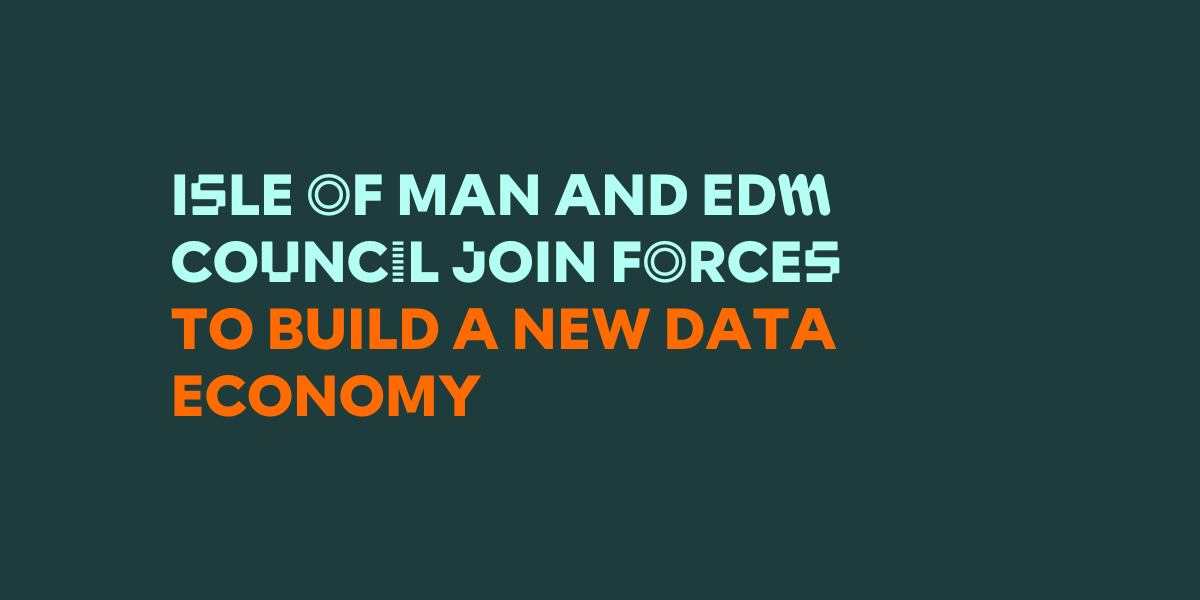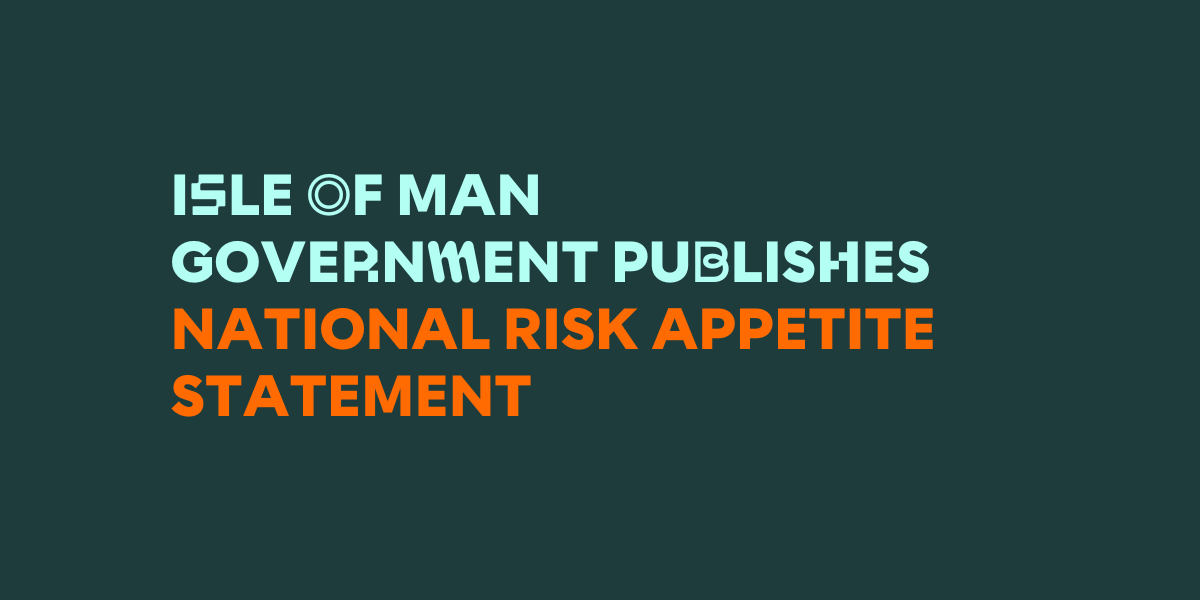The impact of COVID-19 on the eGaming sector
02 October 2020

As we closely approach the one-year mark, COVID-19 continues to affect nearly every aspect of our lives – both in business and at home and it’s still too soon to predict what the long term effects will be, and how the eGaming sector will look once we come out the other side.
What is clear, is that behaviours, practices and ways of working have changed in order to make operations more resilient during tough times and find ways to evolve and grow.
Betting and gambling behaviours have changed hugely over this period and for a time we saw whole markets disappear with the closure of major sports leagues and events which impacted the trajectory of the sector. This led to some sports-book operations reporting up to a 95% loss of GGR and having to pivot quickly to diversify their offerings and bring alternative products to market to fill the void. The UK Gambling Commission reported a 2922% rise in esports betting between March 2019 and March 2020 which shows that even before the pandemic, esports has seen significant growth and from March to April 2020 saw another 124% increase in activity meaning those operators already diversifying their product set will have benefited greatly having the ability to offer alternative entertainment options to sports fans without delay.
Poker also benefited from a surge in popularity seeing a 60% uptake and online casino content has been more in demand than ever. With concerns around high infection rates and further lockdowns around the globe, having a diverse online offering will continue to be a key focus for operators going forward.
Regulation also continues to be at the forefront of Operator priorities, with an increase in online gambling comes an increase in the need for responsible gambling measures and it’s clear that Operators take this responsibility seriously. Being able to demonstrate these measures are in place as well as strong stance on player protection is not only increasingly important to customers, but suppliers and service providers too and the benefits of being regulated by a top tier jurisdiction are stronger than ever.
Responding to and recovering from COVID-19 in the Isle of Man
Personally, I have felt incredibly lucky to be in the Isle of Man throughout this period. The Island’s response to the pandemic has been reassuringly watertight, with Government taking strong and decisive action from the outset. Initial lockdown measures were put in place quickly and adhered to well which has kept the spread of the virus at a manageable level. We’ve had 0 community cases now since 22nd May and all social distancing measures were removed on 15th June, allowing our day to day lives to return to a true sense of normality. Air travel has resumed, and residents are able to travel on and off the Island with a self-isolation period on return which has allowed us to maintain our freedom to live unrestricted in our Island bubble. We also put in place an air bridge between the Isle of Man and Guernsey, which has allowed residents to travel between the two islands without the need for self-isolation.
The local community has also been at the forefront of our COVID-19 response, with local eGaming businesses coming together to offer a helping hand to the community and those hit hard during the lockdown period. The Manx Solidarity Fund was set up in response to the rapidly developing difficulties brought about by the pandemic and is a testament to the strong community and supportive ecosystem that we are lucky to have on the Island.
Digital Isle of Man have been able to offer direct support to our stakeholders, providing regular check-ins and impact assessments as well as consulting with businesses through working groups in order to develop appropriate guidelines. As a small and agile jurisdiction, we are also focussed on doing whatever we can to support economic recovery and growth to businesses on the Island and are working in partnership with businesses to explore exactly what support they need to recover and grow.
What’s next?
As with any major event, Coronavirus will have its winners and losers and we’ve seen plenty of opportunity for businesses willing to innovate and diversify, and operators and software providers who are agile in adapting their offerings to provide alternative products. Companies with a loyal customer base will of course still have an advantage though, as customers will already have confidence in them.
When it comes to the impacts of the pandemic, only time will tell which changes will stick, and in the short-term while it was clear that the lack of sporting events was one of the biggest challenges, operators have adapted their offerings to provide alternative ways to play and the restarting of sporting events has seen that challenge ease.
More long term, M&A will have a part to play as we see the acquisition of smaller companies who have perhaps had harder struggles to deal with throughout the pandemic. In terms of retail and land-based operations, we have seen a big move to online to protect revenues and future-proof business; it is perhaps too soon to understand if customer behaviours have altered past the point of no return to a permanent move to online, or if, as the pandemic eases and life returns to a sense of normality, customers will go back to their preferred way to play, however it is clear that this won’t be anytime soon.
With the majority of employees working from home for a sustained period of time, it has allowed us to see the both the advantages and disadvantages of this approach and review work-force requirements. Some people thrive working from home; others struggle and prefer an office environment. There is greater flexibility for remote teams across jurisdictions and the time and money saved commuting improves both work/life, and bank balances. Cost reductions are substantial for employers too and office space requirement is a future consideration – how much space do we really need?
While businesses have proved that operations can be run remotely, it’s far from ideal and being located in a safe and stable jurisdiction where you have the freedom to run your business in a way that works for you is essential. While businesses may wish to operate a flexible working policy and reduce office overheads, having the ability to bring teams together is the best of both worlds.
Licensing is also more important than ever and being licensed with a regulator that understands emerging products and the importance of player protection in essential. Our licence covers every gambling option, making the Isle of Man the easiest place to diversify as a business since everything you need can be found in one place. The Isle of Man Gambling Supervision Commission is known for its gold-standard regulation and, as part of its responsible gambling strategy, is working with the Island’s gambling sector to proactively create the first globally facing point of supply and evidence based, safer gambling code of conduct. We’ve also seen continued success with our B2B software and token-based supplier licences and a renewed interest in our network licence offering.
While the initial crisis period may have eased, globally we are not over the virus yet, and the Isle of Man Government is committed to protecting our digital ecosystem in the Isle of Man and supporting them to recover and grow. Indeed, the motto behind the three legs symbol on our flag translates to “whichever way you throw it, it will stand.”





